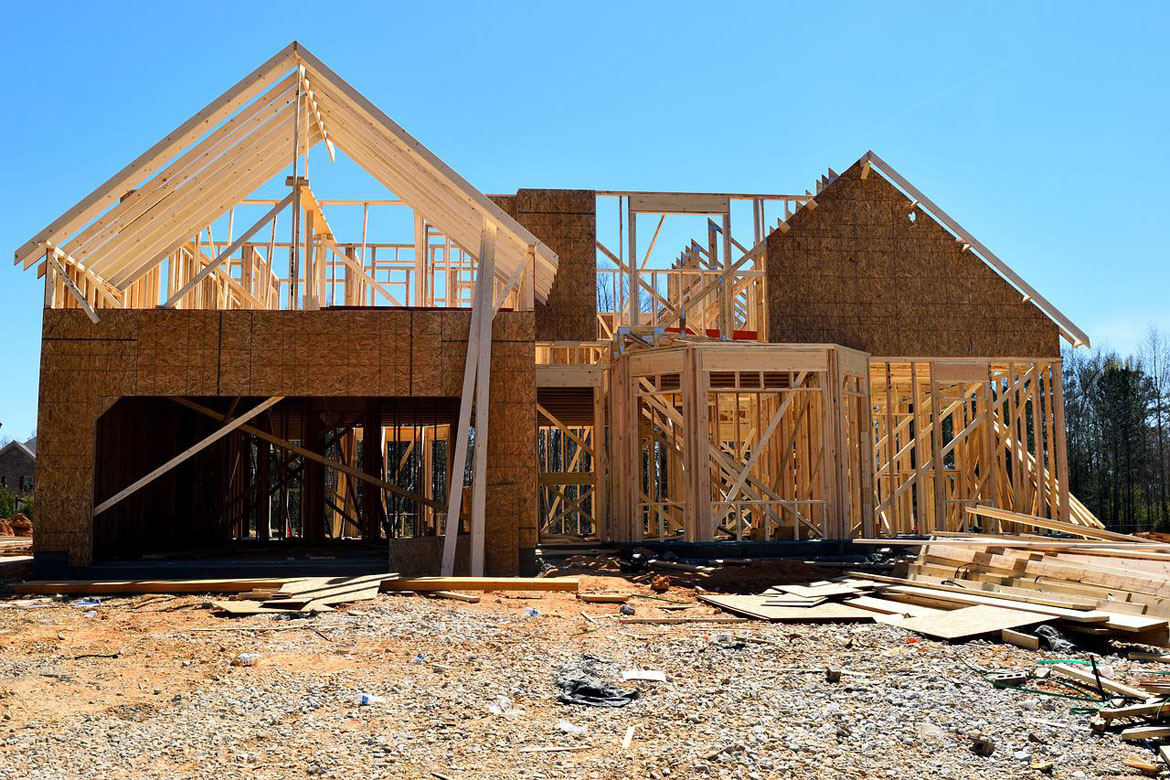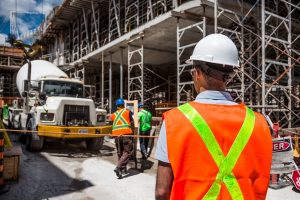3 Big Tips for Investing in New Construction Developments
Are you interested in investing in new construction developments? If so, you're certainly not alone. In today's market, there are countless opportunities for real estate investors to get in on the ground floor of new construction projects. However, it's important to remember that investing in new construction is not without its risks. If you're looking for some tips on how to maximize your chances of success when investing in new construction, read on.
1. Do Your Homework Before Buying
Before you even think about investing in a new construction project, it's important that you do your homework. This means doing your research on the development itself, as well as the builder behind it. Make sure you're comfortable with both before moving forward. Get to know their history, their track record, and their reputation.
There are some serious questions to ask about the builder before you think about buying a new construction home:
- How many communities are they actively building in?
- How many people are on their team? Do they have subcontractors [and who are they] or do they do all their work in-house?
- How long have they been in business?
- What kind of warranties do they offer?
- Do they give discounts for working with a preferred lender?
- What do their previous customers have to say about them?
- Are they properly licensed, and do they have any complaints against them with the Better Business Bureau or similar organizations?
Here are some questions to ask about the development itself:
- What's the expected timeline for building the development?
- What are the HOA rules for the development?
- Will rentals be allowed in the development?
- What sorts of amenities will be in the development?
- What's nearby the development? (Shopping malls, parks, schools, attractions, etc.)
- What comes with purchasing a home in the development, and what's considered an add-on?
- Do I think this development is showing a level of quality I'm comfortable with investing in?
You should make time to check out the development in person before you consider buying, or have a very trusted real estate agent do so on your behalf.
2. Know the Difference Between Investing in New Construction and Investing in Resale Properties
When you're considering investing in a new construction development, it's important to remember that there are some key differences between investing in new construction and investing in resale properties. One of the biggest differences is that unlike with house flipping, where you buy low and sell high, with new construction, you're essentially going to be buying at the market price since it's brand-new. This makes new construction more expensive to get into than some other types of real estate investment.
There's also much less room for price negotiation with new build houses. On the one hand, this is good—since the builders won't want to sell at a below-asking price to any buyer (since if they did, property values for the whole neighborhood could fall, making them less profit), you can be assured that local comps and property values will stay where you expect them. On the other hand, this lack of negotiation room also means that it'll be harder to get a good deal on your new construction home.
Here are some tips for getting a good price on a new construction home:
- Don't negotiate the asking price; instead, negotiate the cost of the upgrades. Builders will typically be more flexible here, so in the end, you can come out with an upgraded house at a discounted price instead of a standard house at the market price.
- Buy toward the end of the month. Since builders' bonuses are often based on monthly or quarterly goals, they'll be eager to sell when the deadline is looming, and you might be able to score a discount.
- Ask if there are discounts for using their preferred lenders, appraisers, inspectors, or other members of their network.
However, the Initial Investment Costs Come With a Bonus: Less Work
If you're looking to earn passive income with an investment property, new construction properties have some incredible bonuses going for them. Since they're new, you likely won't see maintenance issues for a good long while—and if they do crop up in the short-term, you'll likely have a builder's warranty, so you're not the one on the hook to fix it.
New construction homes also often come with the latest and greatest in appliances, smart home technology, finishes, and other perks, so you won't have to invest time or money in home improvement renovations. In addition, a lot of your work's already been done for you in the marketing department. If you're buying in a master-planned development, you'll already have the community amenities and other draws to advertise to potential rental prospects, as well.
3. Be Prepared to Handle the Unknown
Some of the first things you look for when buying a property to rent out are its previous rental history and cash flow. Past success is an indicator of future success, after all; you want to be sure that there will be demand for the rental.
With new construction properties, you don't have this data available to you. You'll be the first owner to rent out the property, so you won't really know how successful it will be until you've done it.
In addition, you won't know what it costs to run the property. If you're buying a build in progress, you won't know what the property taxes are going to be until the final build is appraised. There are many unknowns that can make it difficult to plan around your investment.
This means that you need to be prepared for the possibility that your investment might not perform as well as you'd hoped. This doesn't mean that you shouldn't invest in new construction—it just means that you should be aware of the risks involved and make sure you're diversified enough that one underperforming property won't sink your entire portfolio.
However, with Unknown Markets Comes a Benefit: Rapid Appreciation
The other side of the coin is that, since you're getting in on the ground floor of an emerging market, it could turn out to be a real moneymaker. You'll need to perform a thorough market research analysis, of course—this comes back to doing your homework—but if you buy in an up-and-coming area and the market takes off, you could see some serious appreciation in your property value.
This is especially true for those buying in an incomplete development, as some buyers are turned off by the prospect of living in an in-construction neighborhood, and once it's complete, this dampening factor is removed.
The faster your property appreciates, the faster your equity will grow, and the sooner you can start turning a profit.
Is New Construction Investment the Right Strategy For You?
If you're looking to invest in new construction neighborhoods, do your homework first. Understand what you're getting into and be prepared for the unique risks associated with this market. With a little bit of caution and knowledge, though, investing in new construction can be a great way to see healthy returns on your investment.








